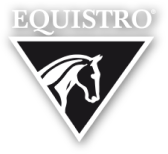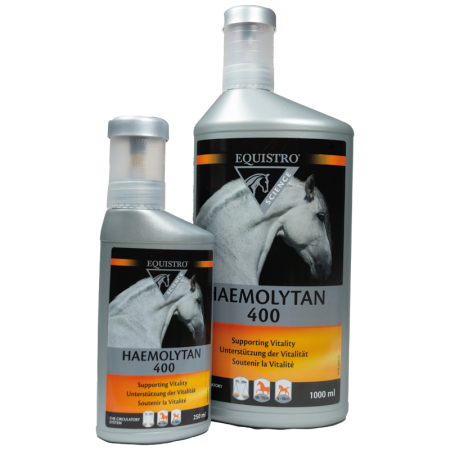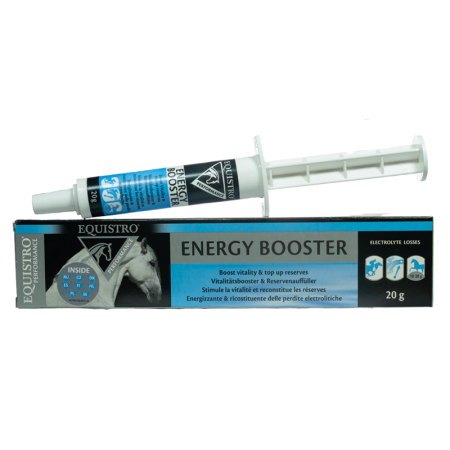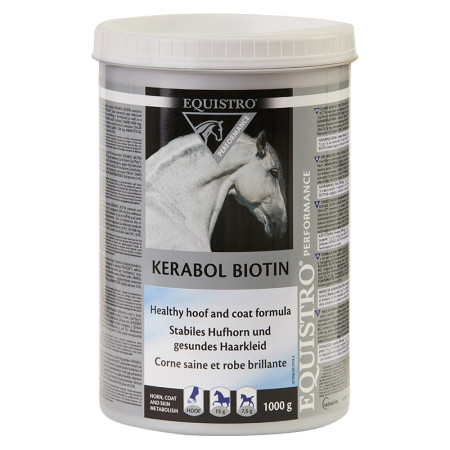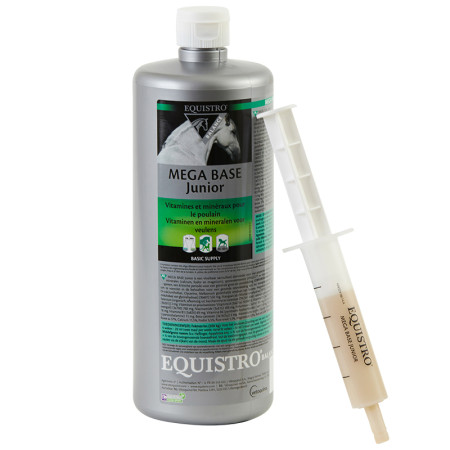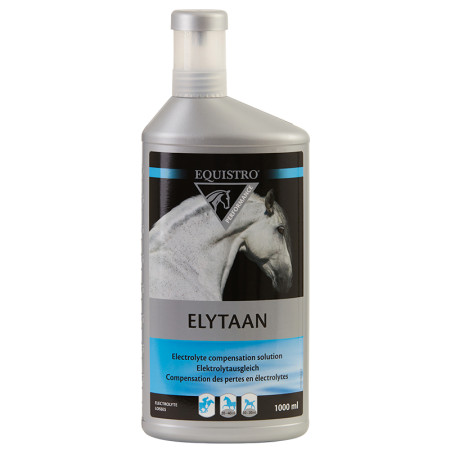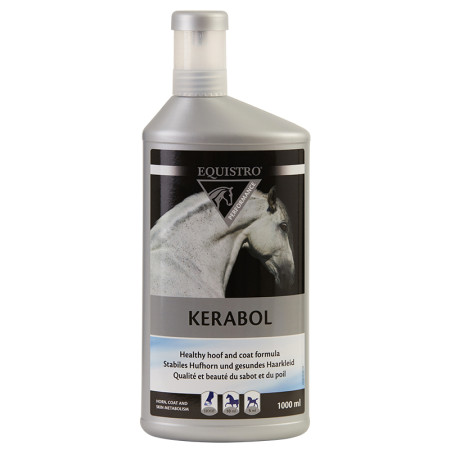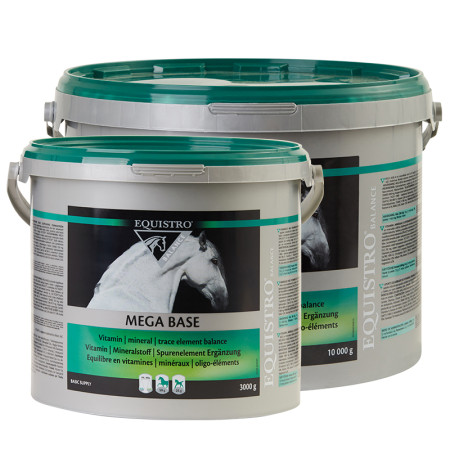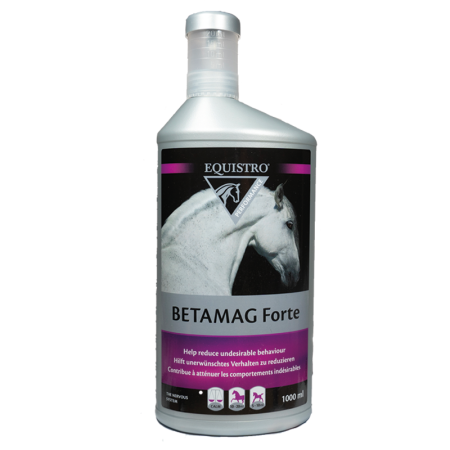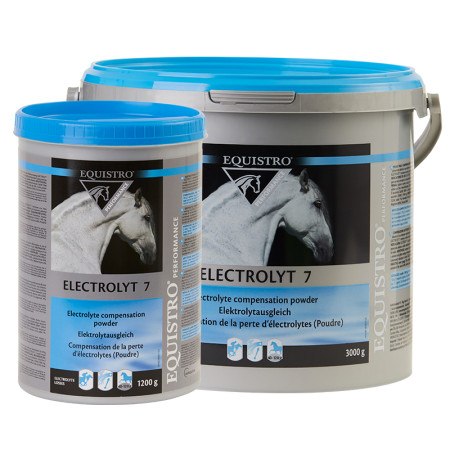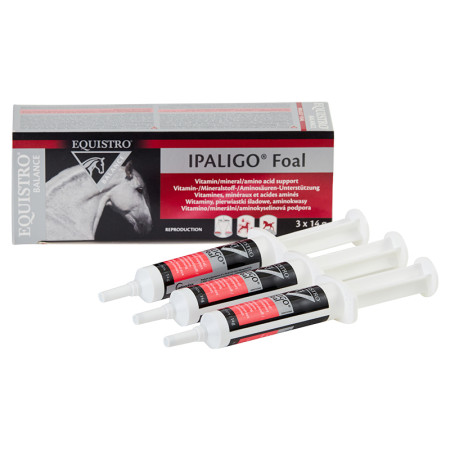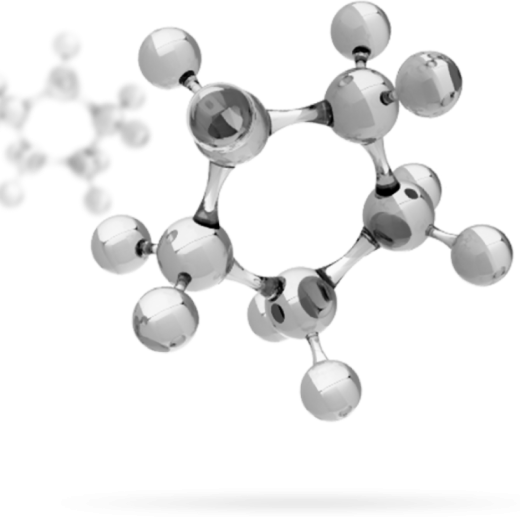
Zinc
Zinc (Zn) is present in the body as a component of more than 100 enzymzes including many metalloenzymes.
Sources
Most of regular horse feeds contain 15 – 40 mg Zn/kg dry matter as inorganic salts.
Daily requirements
The National Research Council (NRC) releases the nutrient requirements for horses on a continious basis. Based on the latest report, the recommendation for a daily intake of zinc for adult horses is 40 mg per kg dietary dry matter (max: 500 mg Zn/kg ration).
Deficiency
An inadequate intake of zinc can lead in long-term to inappetence, reduced growth rate, parakeratosis, alopecia, developmental orthopaedic disease, impaired reproduction.
Excess
A permanent oversupply of zinc in the diet can be associated with elarged epiphyses (region of bone growth adjacent to joints), stiffness of gait, lameness, osteochondrosis, weight loss, hyperkeratosis.
Important to know
- The absorption of zinc in the intestine can be impaired by phytic acid (grain), high amounts of calcium, phosphours, and iron in the diet
- The bioavailability of Zinc plays the decisive role as the different types of zinc compounds in horse feed have an influence on the zinc level in the blood
- For organic-linked zinc complexes like zinc chelate for instance, a dose-dependent effect on serum zinc levels in horses could be observed.
